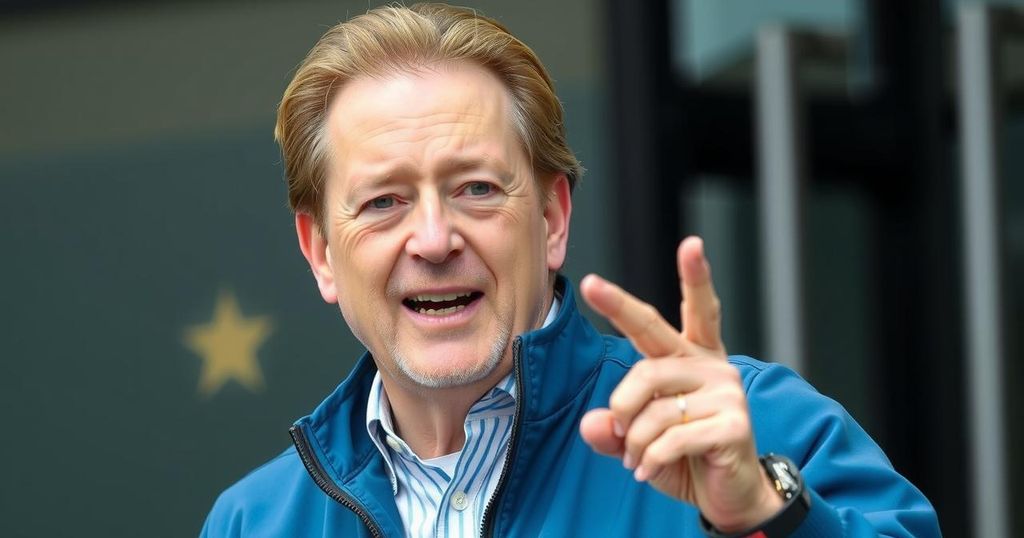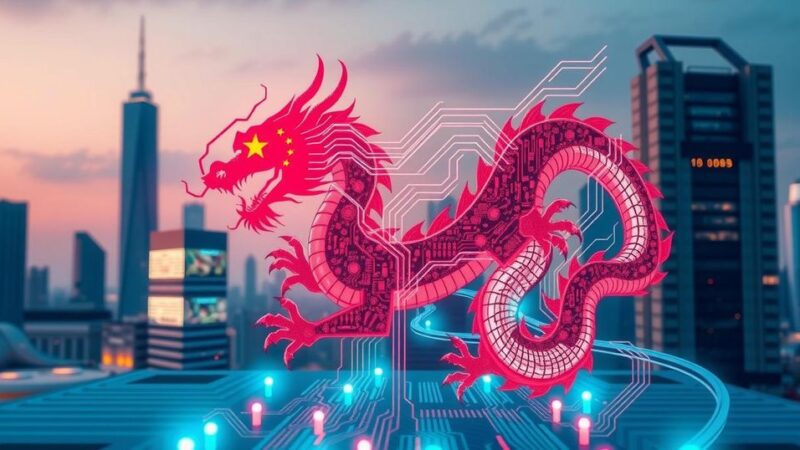Elon Musk expressed support for the far-right AfD in a recent op-ed, labeling it as Germany’s “last spark of hope.” His remarks, perceived as controversial, prompted backlash from German politicians, particularly in light of an upcoming snap election. Critics argue that Musk’s assessment of the AfD overlooks its extremist classification and potential impact on Germany’s foreign ties and economy.
Elon Musk, the prominent tech billionaire, recently expressed his support for the far-right Alternative for Germany (AfD) party in an op-ed published in the Welt am Sonntag. He described the AfD as “the last spark of hope” for Germany and refuted allegations of the party being extremist, citing the party leader Alice Weidel’s same-sex partnership as an example of its diversity. Emphasizing the AfD’s commitment to immigration control and economic recovery, Musk claimed the party resonated with Germans feeling overlooked by the political establishment.
These remarks have sparked outrage among German politicians, especially with a snap federal election imminent, set for February 23. Critics, including the future editor-in-chief of the Welt group, Jan Philipp Burgard, countered Musk’s position, asserting that while Musk accurately diagnosed issues, he was misguided in suggesting the AfD as the solution. Lawmakers like Jens Spahn highlighted that the AfD’s policies could jeopardize Germany’s international relations and economy, particularly its ties with NATO and the Eurozone.
The political climate in Germany has intensified, with Musk’s commentary triggering accusations of outside interference in domestic affairs and reflecting a deeper rift within the nation’s political landscape ahead of the upcoming elections. As the AfD gains traction in polls, the broader implications of its rise continue to raise concerns about the future of Germany’s identity and foreign policy.
The Alternative for Germany (AfD) party has been controversial since its inception, particularly for its far-right stance against immigration and the European Union. In 2021, the German domestic intelligence agency classified the AfD as a suspected extremist organization. With the current political dynamics in Germany, including the collapse of the coalition government led by Chancellor Olaf Scholz, the AfD’s influence has surged, positioning itself favorably in current opinion polls just ahead of a snap election.
Musk’s endorsement of the AfD has ignited significant political debate in Germany, with officials from mainstream political parties vocally opposing his views. His comments have highlighted broader societal concerns about identity, immigration, and economic stability, particularly in the context of an impending election. The tension reflects a growing divide in German politics as the AfD gains support amidst these discussions.
Original Source: www.dw.com






